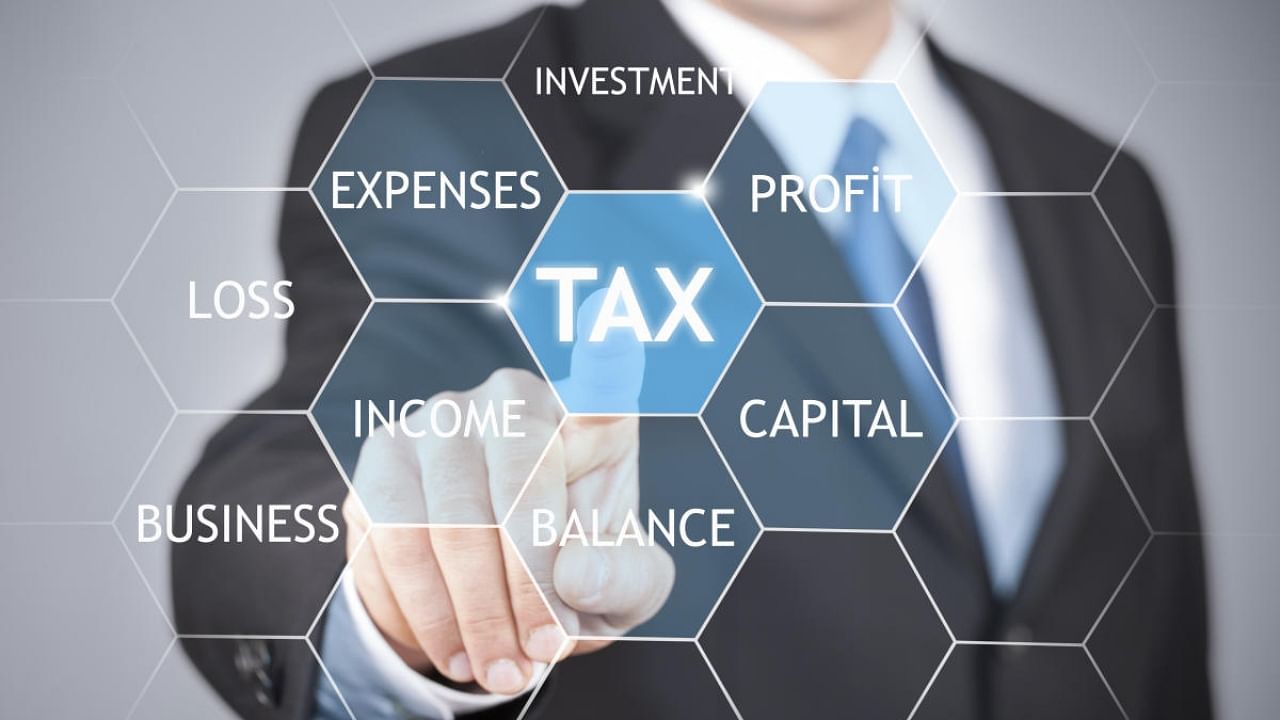
In order to plug potential tax avoidance, the Finance Minister while presenting the Union Budget for 2023-24 had proposed that non-resident investors be subject to the ‘Angel Tax’. As a result, Section 56(2)(VIIb) of the Income Tax Act, 1961 has been amended via the Finance Act, 2023 taking effect from April 1, 2023 and Assessment year 2024-25 onwards.
On May 19, with post stakeholders’ interactions, the Central Board of Direct Taxes (the ‘Board’) issued draft rules seeking public comments for 10 days and to notify final rules thereafter. On May 24, the board excluded certain entities and residents of 21 white-label countries from the ambit of the said levy. On May 26, it invited the stakeholders’ comments on the rules for valuation methods for such funding. Let us examine what it implies, and how it will impact start-ups, angel investors, start-ups, and other relevant issues.
Angel tax is levied at the rate of 30.9% when an unlisted company issue shares to an investor at a price higher than the fair market value (FMV). From April 2013, in order to prevent the generation and circulation of unaccounted money masquerading as ‘share premium’ received from resident investors, a new clause was inserted into the Income Tax Act. It is appropriate to note here that non-resident investors were excluded and the same was continued until March 2023.
To address the growing menace of ‘round-tripping’, that is money leaves the country through various channels/modes and returns in the form of foreign direct investment, in the latest Union Budget, it was proposed to include the non-resident investors also by striking the phrase ‘being a resident’ from the said clause. With a few exceptions, they levy will therefore be applicable to any person irrespective of his residential status.
There have been a number of proposed amended rules, which include different valuation methods for resident and non-resident investors, a mechanism for the alignment of the price of equity shares issued with the price at which such shares were issued to notified entities, a 90 days window, and a 10% safe harbor tolerance limit in valuation.
Further, there are no changes as far as the valuation of preference shares issued to resident and non-resident investors are concerned. Thus, price matching, 90 days window, and a safe harbour tolerance limit are not available for the valuation of preference shares. currently.
As per May 24 notification, the central government has tried to cushion the angel tax blow by way of excluding a certain class of persons /entities such as central banks, sovereign wealth funds, international organizations, banks engaged in the insurance business established in their home country, etc. Additionally, 21 white-label countries would not be subject to angel tax in India. Those countries are - Australia, Austria, Belgium, Canada, Czech Republic, Denmark, Finland, France, Germany, Iceland, Israel, Italy, Japan, Korea, New Zealand, Norway, Russia, Spain, Sweden, United Kingdom, and United States. Additionally, DPIIT registered start-ups will also be excluded.
Surprisingly, low-tax countries such as Luxembourg, Mauritius, the Netherlands, Singapore, and UAE will be subject to angel tax. They are among the top ten countries in bringing foreign direct investment into the country. As per reports, Mauritius has the highest share in the cumulative foreign direct equity investment since 2000 at 26% followed by Singapore with 23%. Due to the negative impact on the future inflow of capital, the industry/venture funds have approached the government, seeking relaxation of the rules that do not exempt investments to be received from these countries.
As per the latest reports, several start-ups including unicorns are in receipt of tax notices, and the taxman has sought due explanations on the nature and source of the investment, to ascertain the identity, credit worthiness, and establish genuineness of share transactions. Thus, the round-tripping menace is a key reason to extend angel tax provisions to non-resident investors.
(The writer is the founder and chief executive of Shree Tax Chambers)